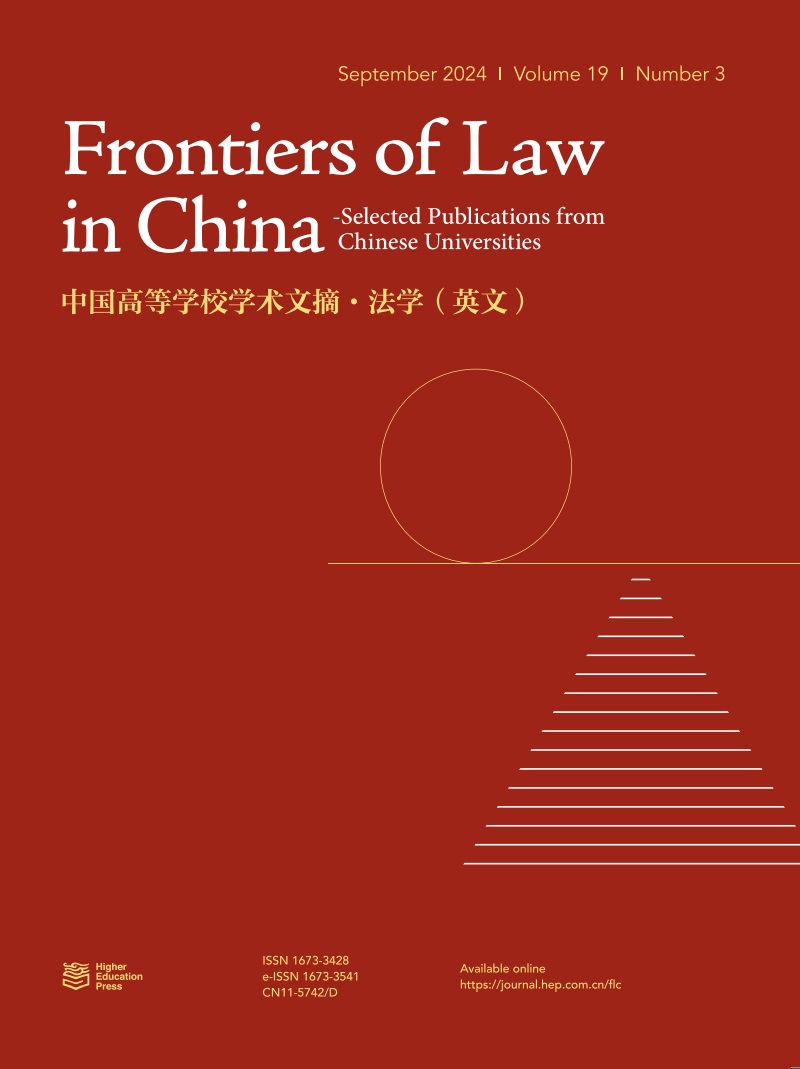物联网中的数据监管
IF 0.1
4区 社会学
Q4 LAW
引用次数: 4
摘要
本文通过对物联网数据监管的思考,概述了“数据产权”的不同概念和法律问题。本文从概述未来物联网(特别是智能汽车)的现有和可能的应用开始,描述了由于对象生成数据日益商业化而可能出现的法律问题。作者使用德国和欧盟的法律来说明法律的复杂性、解决方案和缺点。他展示了传统数据保护法规如何以及在多大程度上涵盖了这些问题,并强调了这些法规的概念盲点。然后,他将数据保护范式(de lege lata)与普遍普遍的数据产权(de lege ferenda)的概念进行了对比,并描述了对这种权利的最常见理解,即数据生产者的产权。在一般数据产权可能具有经济优势的背景下,本文讨论了概念问题和宪法问题。综上所述,作者反对一般数据产权的概念。本文章由计算机程序翻译,如有差异,请以英文原文为准。
DATA REGULATION IN THE INTERNET OF THINGS
The reflections on data regulation in the internet of things (IoT) in this paper provide an overview of the different conceptions and legal problems of "data property rights." Beginning with an overview of the existing and possible applications of the future IoT (in particular, smart cars), this paper describes the legal concerns that may arise because of increased commercialization of object-generated data. The author uses German and European Union law to illustrate the legal complexities, solutions, and shortcomings. He demonstrates how and to what extent these issues are covered by traditional data protection regulations and highlights the conceptual blind spots of these regulations. He then contrasts the data protection paradigm (de lege lata) with the idea of a general erga omnes data property right (de lege ferenda) and describes the most common understanding of such a right, that is, a data producers' property right. Against the background of the possible economic advantages of general data property rights, the paper discusses conceptual problems and constitutional concerns. In conclusion, the author rejects the idea of a general data property right.
求助全文
通过发布文献求助,成功后即可免费获取论文全文。
去求助
来源期刊

中国法学前沿
LAW-
CiteScore
0.20
自引率
0.00%
发文量
398
期刊介绍:
Frontiers of Law in China seeks to provide a forum for a broad blend of peer-reviewed academic papers of law studies, in order to promote communication and cooperation between jurists in China and abroad. It will reflect the substantial advances that are currently being made in Chinese universities in the field of law. Its coverage includes all main branches of law, such as jurisprudence, constitutional jurisprudence, science of civil and commercial law, science of economic law, science of environmental law, science of intellectual property, science of criminal justice, science of procedural law, science of administrative law, science of international law, science of legal history, science of history of legal thoughts, etc.
 求助内容:
求助内容: 应助结果提醒方式:
应助结果提醒方式:


